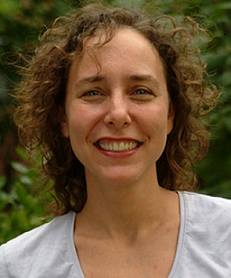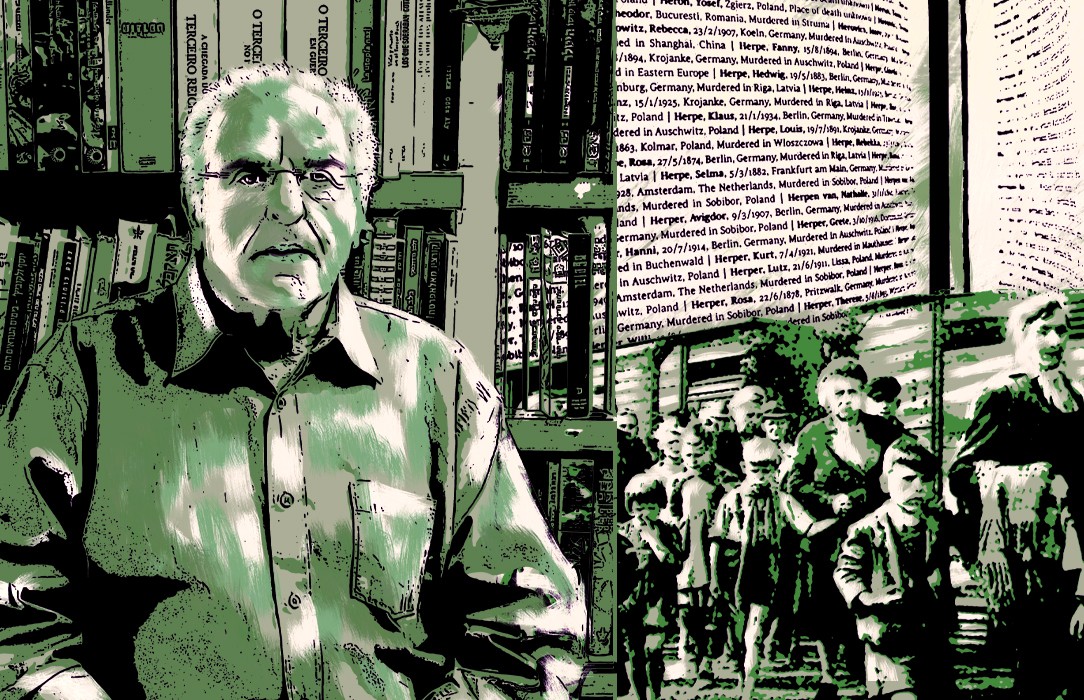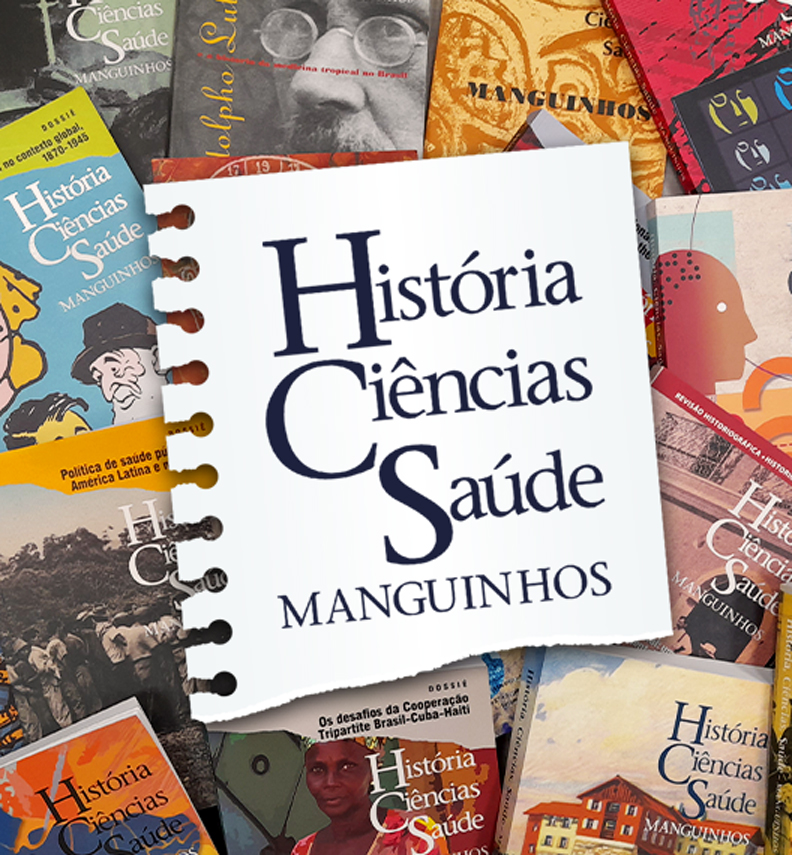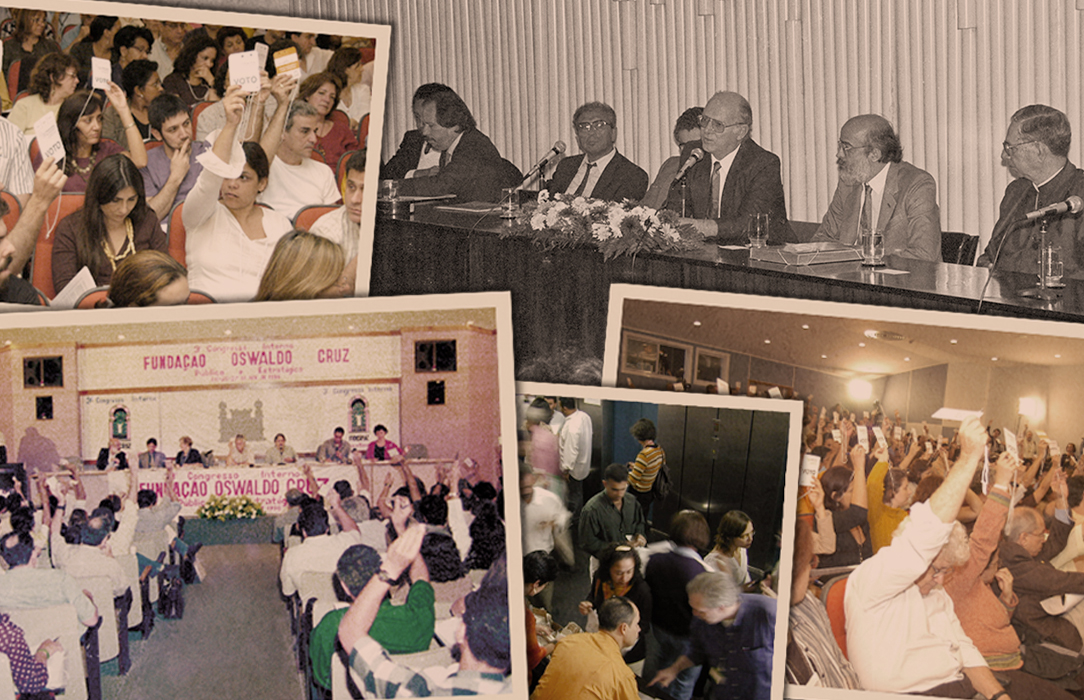Karin Alejandra Rosemblatt (University of Maryland)*
 |
For some time, political actors on the right have been deploying lies to further their political goals, and scientific findings are a favorite target. Climate-change deniers have argued that new climate patterns are the result of natural variations and not human use of fossil fuels. The COVID-19 pandemic has spurred a host of lies: some have suggested that COVID itself is a hoax, while others have suggested that governments have conspired with scientists to introduce toxic or dangerous remedies, including vaccines, and to deny access to effective cures like Ivermectin.
Deniers’ motivations are diverse. Many corporate climate-change deniers are protecting their profits. Politicians like Donald Trump or Jair Bolsonaro have sought political gain along with the financial support of corporate backers. The motivations of ordinary citizens are harder to discern. Covid and climate-change deniers may be motivated by an aversion to government regulation, doubts about big pharma, or a general distrust of corporate, governmental, or intellectual elites. In the United States and some other nations, skepticism regarding Covid science has emerged in tandem with broader attacks on academics and universities. It coincides with a more widespread defunding of scientific research and universities. ***And then there are the factors that enflame denialism, most notably social media and algorithms programmed to amplify controversy. The rise of fake news has also been fueled by the ease with deniers can now modify and falsify photographs, videos, and media reports.
Those who seek to derail this denialism have denounced “fake news” and insisted on the need to replace falsities with scientific truths. The pro-science camp has, quite naturally, confronted claims about Ivermectin or vaccines by producing abundant, contrary evidence. Falsifying information is quite no doubt wrong and has rightly been denounced by serious medical researchers. But for a number of reasons, these efforts to confront denialism and fake news have not been as effective as scientists and academics might like. They have generally failed to overcome deniers’ mistrust of authorities. Paradoxically, deniers can and do find alternative facts and alternative science. Rebutting that alternative science can be challenging. When the science itself is complex, communicating with lay audiences requires not just that one have the best available evidence but also that audiences trust the scientists and share their premises. And the science must be communicated effectively.
As decades of studies of science have shown, science itself is not absolute. Scientific studies often draw conclusions based on trends and correlations rather than strict causality. Knowledge is often partial. It is subject to change. The US Center for Disease Control rejected mask wearing as unnecessary at the start of the pandemic and then affirmed the need for masking once evidence of airborne transmission emerged. The CDC now suggests that mask-wearing is no longer necessary, although neither the scientific evidence nor the epidemiology of the disease has changed. Ordinary citizens understandably respond with suspicion when scientific recommendations change, especially when members of the broader public can see the gaps in scientific knowledge. Publics are often aware of the many ways in which politics shapes science—and that has become even more evident recently.
How should historians and other scholars of science respond to this turn of event? Many of us have joined the chorus denouncing falsehoods and affirming scientific consensuses. It certainly seems reasonable to call out those who claim that the pandemic is a hoax. Those claims do harm to those whose family members have died and those living with the lasting effects of the disease. Some historians have gone further and blamed “relativism” for feeding distrust of science. They fault historians of science for de-emphasizing scientific impartiality and instead insisting on how sociopolitical and economic contexts condition research.
Yet it seems misguided to denounce the hard-won relativism that has characterized historical and social science accounts of medicine and science. Efforts to foreground scientists as bearers of unassailable truths are bound to fail when it is so obvious that science and politics shape one another and when scientific knowledge is very clearly bound to state policies (and therefore subject to deeply entrenched suspicions of the state). Academics are—rightly or wrongly—often seen as politically partisan or insensitive to the realities of ordinary people’s lives. They too are suspect.
Rather than insisting on truth and falsity, historians and other scholars of science should instead help make how science works more transparent. And scientists should be more transparent regarding what they do or don’t know. We need more and better communication regarding how science itself works—in other words, we need more historical and social scientists who can explain science. Schoolchildren should learn how scientists come to establish their partial, debatable truths. How and why do scientists challenge each other? What role do theoretical frameworks and empirical evidence play? How do ideas about social good shape research agendas? Publics also need a solid grounding in reading and understanding data. They need practice in decoding biases and understanding their effects.
It is true that providing publics with a better understanding of how science works—in fits and starts, sometimes moving backwards or getting it wrong—might undermine faith in expertise. But at the same time scientist are likely to gain trust. At the same time, scientists need to clearly explicate their relation to public policies and their enforcement. They need to insist on the need to shape policies but be unafraid to criticize public officials. They need to recognize that public health, for instance, can and should be shaped by debatable notions regarding risk and the meaning of wellbeing. They need to insist on their concern for collective, public welfare and develop effective ways of communicating directly with those publics in as many ways as possible. If public health is truly public, politics is unavoidable.
*Karin Alejandra Rosemblatt is Professor of History at the University of Maryland, College Park. She is the author, most recently, of The Science and Politics of Race in Mexico and the United States, 1910-1950 (2018). Rosemblatt serves as principal investigator for a five-year National Science Foundation grant aimed at promoting and coordinating research on the histories of science, technology, environment, medicine, and other knowledge practices in Latin America and the Caribbean. The Red de Estudios de las Ciencias y los Saberes en Latinoamérica y el Caribe (RECSLAC, Network for the Study of Sciences and Knowledges in Latin America and the Caribbean) sponsors pedagogy workshops, conferences, and workshops for graduate students and faculty.
Click here for the Portuguese translation.






